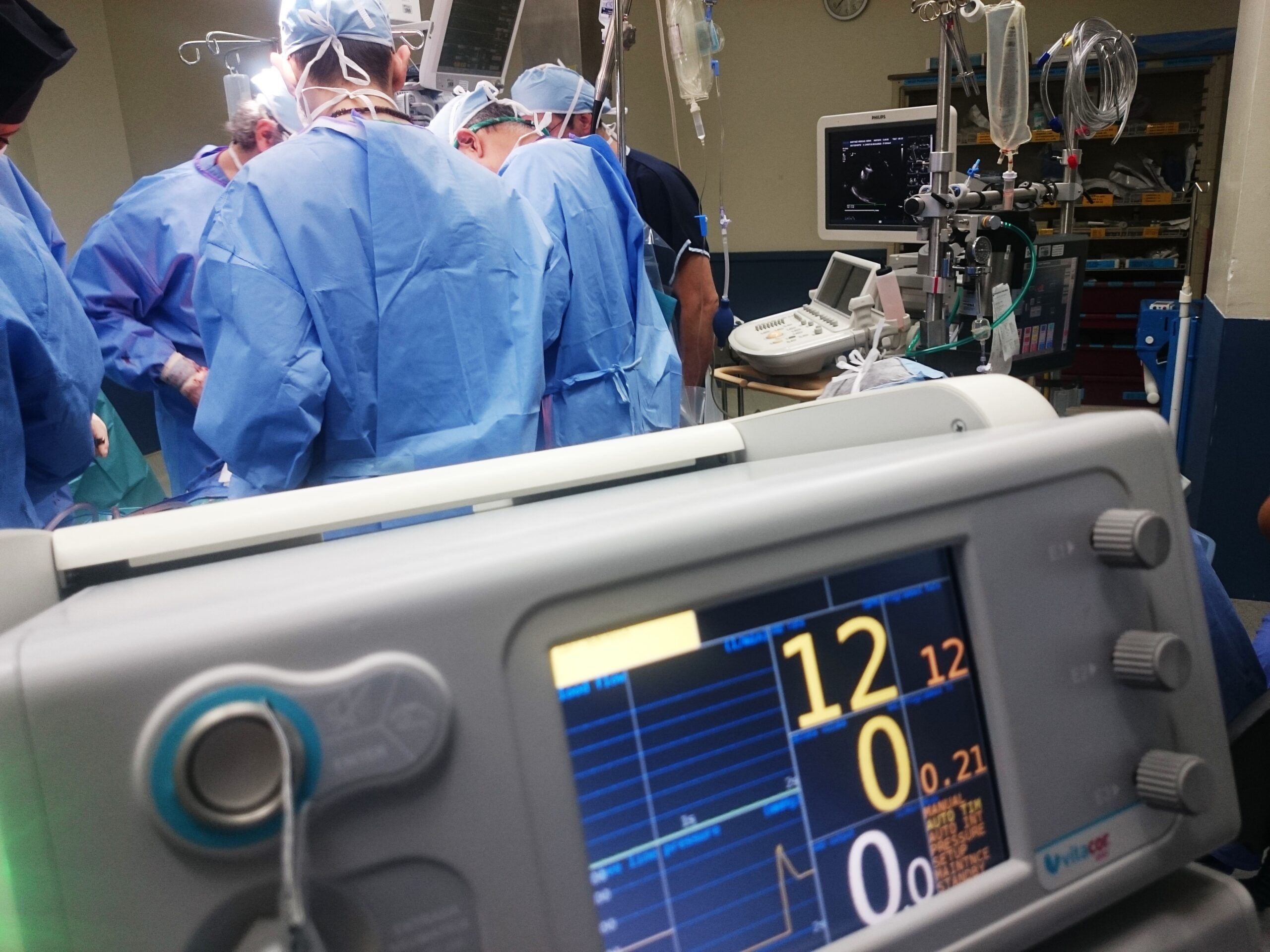Healthcare experts say the patient backlog in Ontario needs to be better addressed as non-urgent surgeries resumed on Monday.
“It’s important that folks get non-COVID related care as quickly as they can,” Dr. Adam Kassam, president of the Ontario Medical Association and a Toronto physiatrist, said.
“Ontario’s doctors fully supports a resumption of healthcare services that were interrupted,” he told Humber News on Monday.
An estimate by the OMA puts at 20 million the number of delayed doctor visits, surgeries and diagnostic tests during the pandemic as of December.
Experts say the problems will have a profound effect on the healthcare system for years to come. The association notes that tens of thousands of cancers have likely gone undiagnosed and catching up on knee replacements alone will take more than two years.
In order to tackle the backlog more efficiently, Kassam mentioned 10 recommendations on the areas of the health sector that the association deems a priority focus.
“We believe there needs to be additional funding and resourcing in the health sector to ensure that people can get the care that they need at the time that they needed,” Kassam said.
Another focus is on offloading certain types of procedures and surgeries to community-based specialty settings to help with the backlogs.
Dr. Shaf Keshavjee, surgeon of chief at Toronto’s University Health Network and director of the Toronto Lung Transplant Program, said that for Ontario’s 147 hospitals to be more efficient, they need to work together and change the professional culture.
“It’s our responsibility to figure out how to do things more efficiently,” Keshavjee said. “A lot of what we currently do isn’t efficient.”
UHN has improved its efficiency by creating a more granulated approach to triage, as well as keeping real-time data so the hospital knows what needs to be done and when.
“The system prepared us for the pandemic, and will prepare us for the recovery,” Keshavjee said.
Kassam said that 75 per cent of care happens outside of a hospital. He stressed the importance of all sectors of Ontario’s health network collaborating together to return to a new normal.
“There are numbers of types of care that actually happen beyond the hospital that needs to be integrated across the system,” Kassam said. “Which of course includes home care, community-based care, and even long-term care and palliative care.”
Currently, with hospitals past the peak of Omicron, Kassam wants the focus to be on providing Ontarians with the treatment they need.

